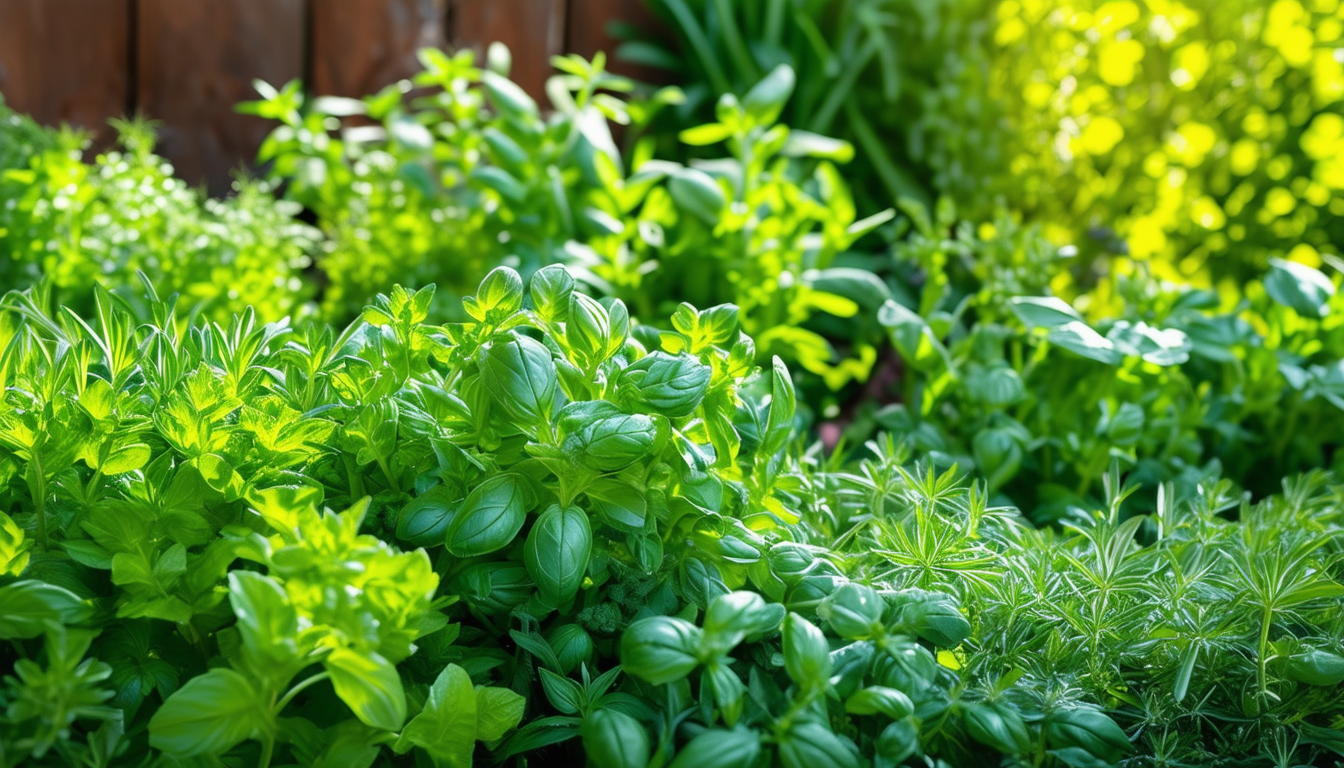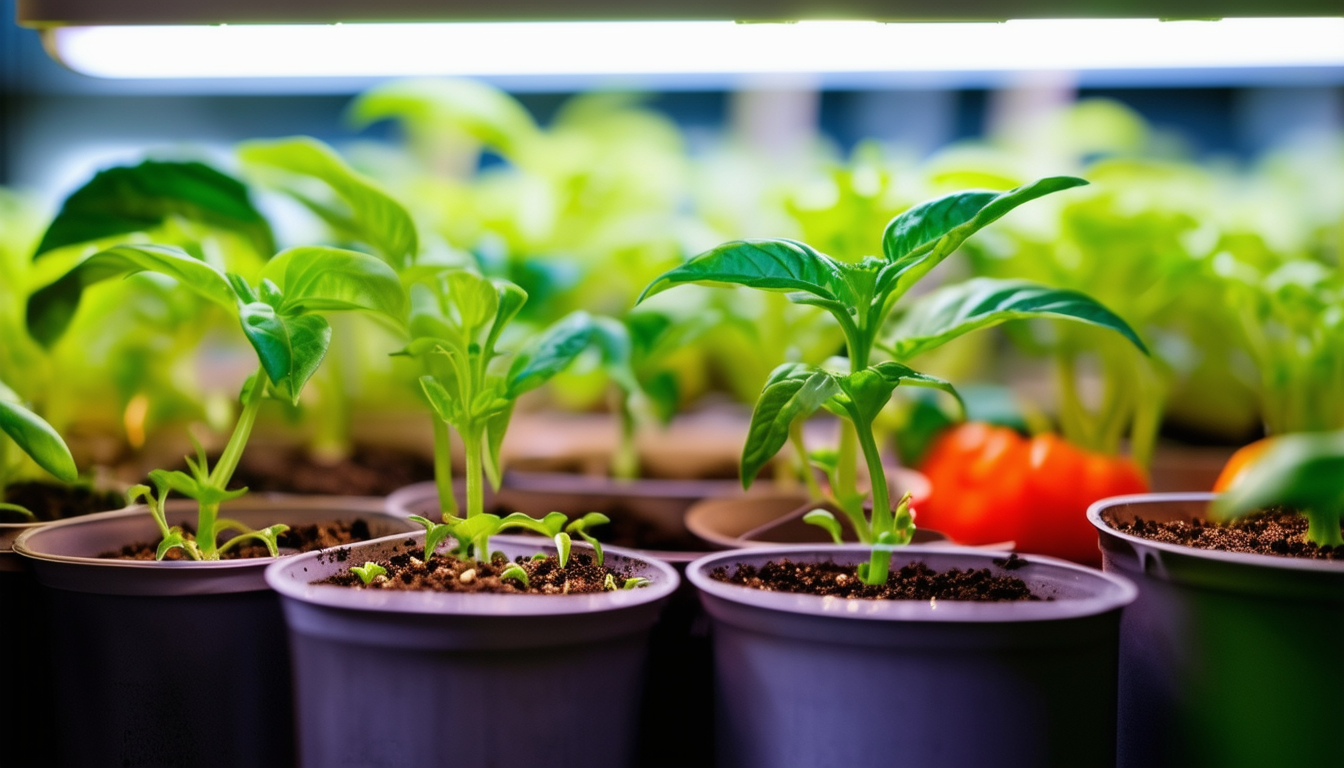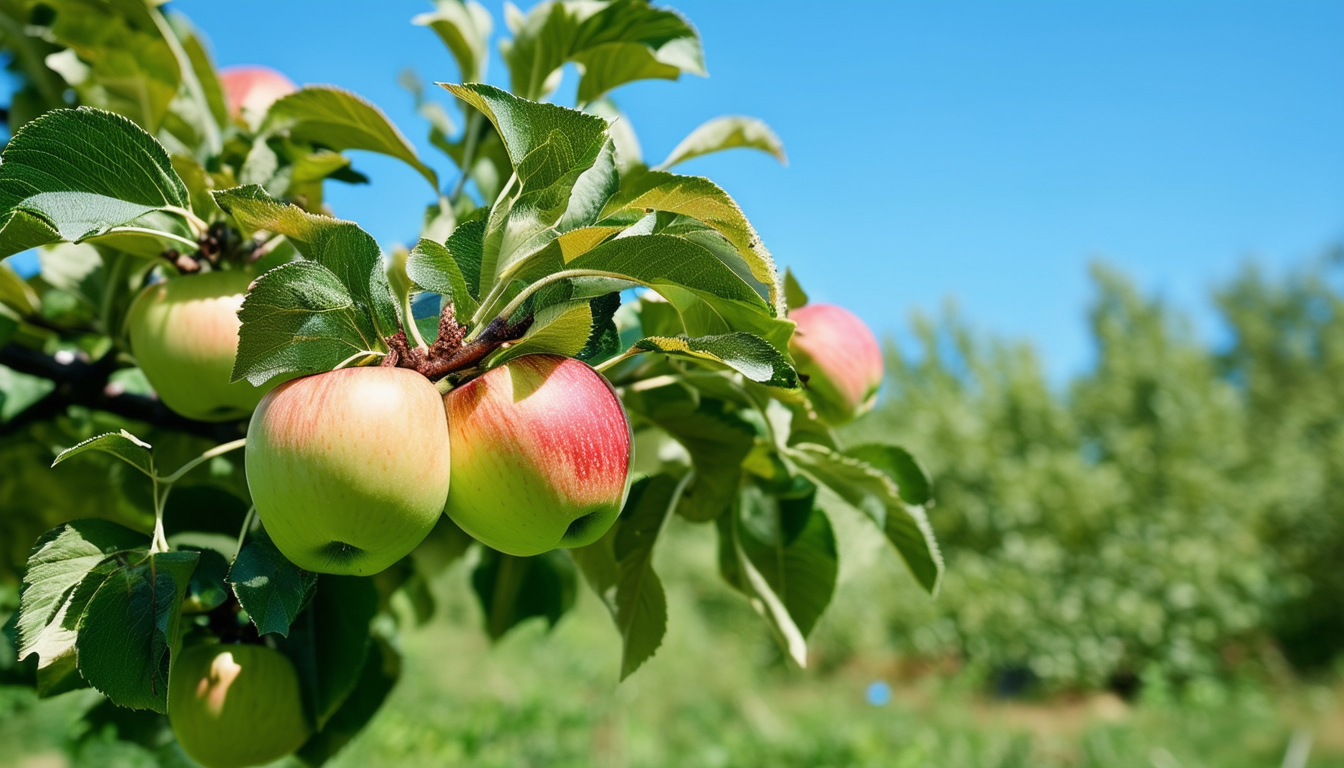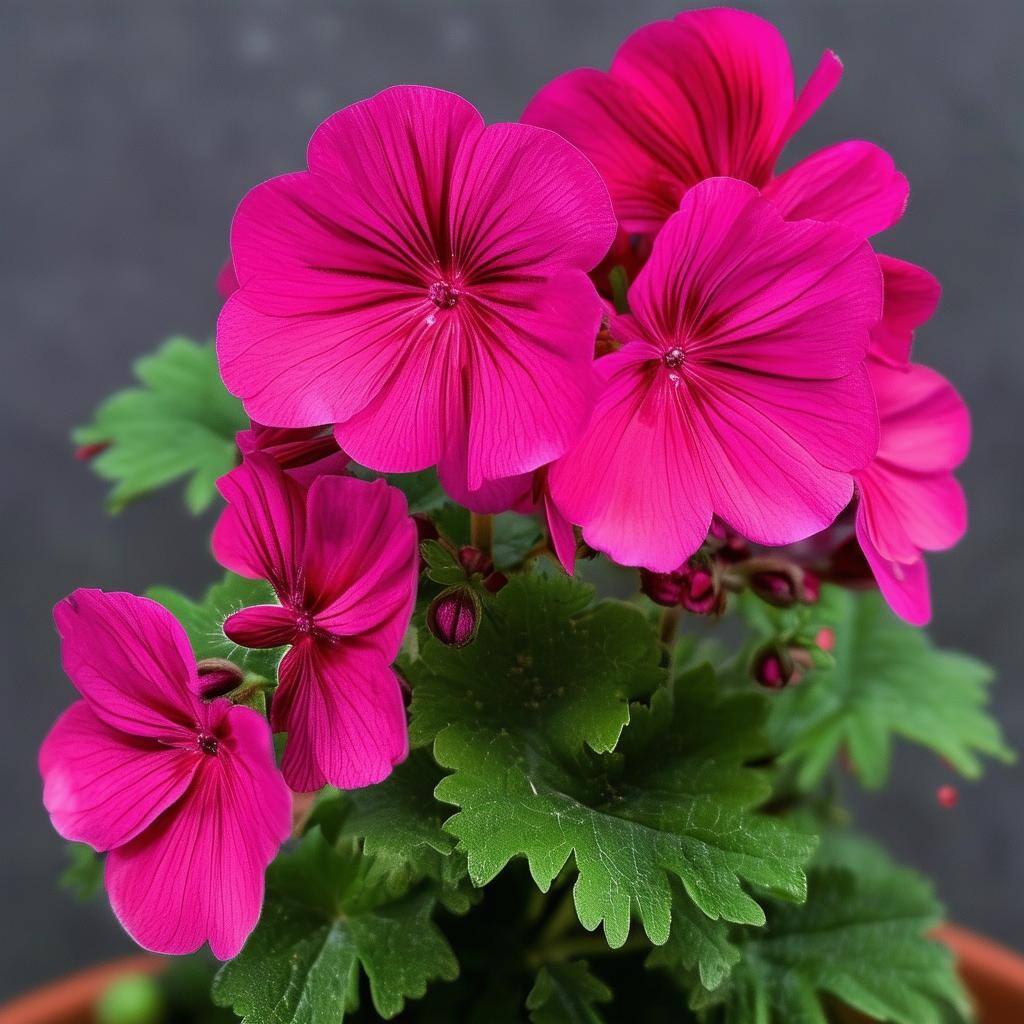
Discover the joy of cultivating your own fresh and flavorful herbs this spring with our comprehensive guide for beginners.
Why Start an Herb Garden This Spring?
Spring is the perfect time to start an herb garden. The weather is warming up, and the days are getting longer, providing ideal conditions for young plants to thrive. Growing your own herbs not only adds fresh flavors to your cooking but also offers a rewarding and therapeutic gardening experience.
Additionally, herb gardening is a fantastic way to connect with nature, reduce stress, and promote a sense of well-being. Whether you have a large backyard or a small balcony, you can create a flourishing herb garden that will bring joy and satisfaction throughout the season.
Essential Tools and Supplies for Herb Gardening
Starting an herb garden doesn't require a lot of tools, but having the right supplies can make the process smoother and more enjoyable. Here are some essentials you’ll need:
- **Quality Soil**: Herbs thrive in well-draining soil rich in organic matter.
- **Containers or Garden Beds**: Depending on your space, choose pots, planters, or garden beds.
- **Watering Can or Hose**: Ensure your herbs get regular watering, especially in the early stages.
- **Gardening Gloves**: Protect your hands while planting and maintaining your herbs.
- **Hand Trowel**: Useful for digging small holes and transplanting seedlings.
With these basic tools and supplies, you'll be well-equipped to start your spring herb garden.
Top 5 Easiest Herbs to Grow for Beginners
If you're new to herb gardening, start with these five easy-to-grow herbs that are perfect for beginners:
- **Basil**: A versatile herb that thrives in warm weather and is great for cooking.
- **Mint**: Grows rapidly and can be used in teas, desserts, and savory dishes.
- **Parsley**: A hardy herb that can be grown in partial shade and adds a fresh touch to many recipes.
- **Chives**: Easy to grow, with a mild onion flavor that's perfect for garnishing.
- **Thyme**: A drought-resistant herb that adds depth to soups, stews, and roasted meats.
These herbs are not only easy to grow but also incredibly useful in the kitchen, making them perfect choices for your spring garden.
Step-by-Step Guide to Planting and Caring for Your Herbs
Starting your herb garden is simple with these step-by-step instructions:
1. **Choose Your Location**: Select a sunny spot that receives at least 6 hours of sunlight daily.
2. **Prepare the Soil**: Mix in compost or organic matter to enrich the soil.
3. **Plant the Seeds or Seedlings**: Follow the spacing instructions on the seed packets or plant tags.
4. **Water Regularly**: Keep the soil consistently moist but not waterlogged.
5. **Fertilize Sparingly**: Herbs generally don't need much fertilizer; a balanced, organic fertilizer once a month is sufficient.
6. **Prune and Harvest**: Regularly trim your herbs to encourage bushy growth and prevent them from flowering too early.
By following these steps, you'll ensure your herbs grow healthy and strong, providing you with a bountiful harvest throughout the season.
Creative Ways to Use Your Homegrown Herbs
Once your herbs are flourishing, there are countless ways to incorporate them into your daily life:
- **Culinary Uses**: Add fresh herbs to salads, soups, sauces, and marinades to enhance flavors.
- **Herbal Teas**: Brew your own herbal teas using fresh mint, basil, or thyme leaves.
- **Infused Oils and Vinegars**: Create flavorful oils and vinegars by infusing them with your homegrown herbs.
- **Homemade Beauty Products**: Use herbs like rosemary and lavender in DIY beauty products such as lotions and bath salts.
- **Decorative Touches**: Use sprigs of herbs to decorate your home or as fragrant additions to floral arrangements.
These creative ideas will help you make the most of your homegrown herbs, adding freshness and vitality to your everyday life.



